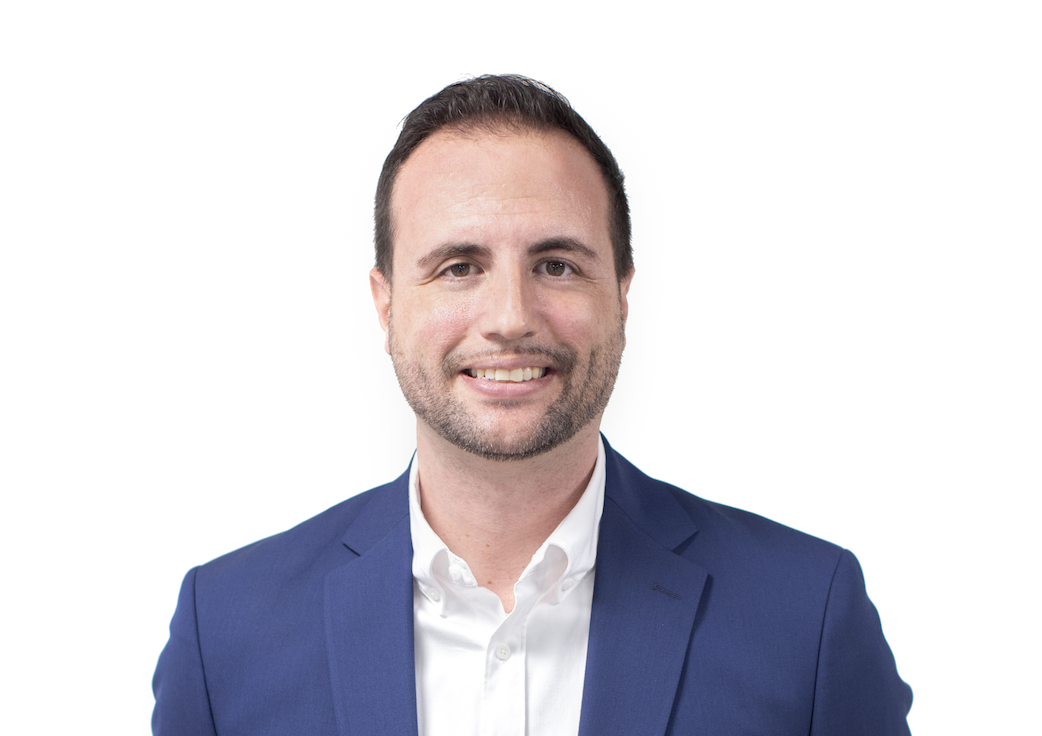
The Doctoral Program in Business Administration announces the public defence of PhD candidate Rafael Jordà Gómez, entitled:
“Family firms strategies in times of crisis: a study of the influence of socio-emotional wealth and top management team characteristics”
Will be held in Ignasi Villalonga room (1st floor Faculty of Economics) on July 17th, 2023, at 11h30
Supervisors:
PhD. Alejandro Escribá Esteve
PhD. Vicente Safón Cano
Assessment committee:
Chair: PhD. José Carlos Casillas bueno (Universidad de Sevilla)
Secretary: Phd. María Iborra Juan (Universitat de València)
Member: Phd. Eric Clinton (Dublin City Univesity)
Abstract:
This dissertation examines how adverse environments, such as the 2008 financial crisis, impact the decision-making of family businesses. Specifically, it analyses how the composition of management teams influences the intensity of retrenchment strategies and, in turn, the size of management teams.
The primary objective of this study is to analyse, from the perspective of social-emotional wealth (SEW), the role of top management teams and the influence of the family on the strategic decisions made by family firms. In particular, we investigate how the non-economic motivations that distinguish family firms influence their strategic behaviour through the socio-emotional lens.
The first section of this dissertation is a systematic literature review on the turnaround process in family businesses. Few studies on turnaround in family firms are focused on the human dimension, i.e. how factors such as the composition of management teams can influence the strategic decisions of family firms in crisis environments caused by external factors.
The second section examines the impact of management team composition on the magnitude of retrenchment strategies in response to external crises. In particular, it shows that family CEOs are more likely to implement severe retrenchment measures than non-family CEOs, partly because first-generation CEO founders are so intent on protecting their investments. In a similar vein, the results indicate that even though management teams with family members promote more severe retrenchment strategies, the opposite effect occurs when more than 65 percent of the management team consists of family members.
The third section demonstrates how, depending on the composition of the top management team, the intensity of retrenchment strategies impacts the size of the management team to a greater or lessened extent. The findings indicate that as retrenchment strategies intensify, the management team shrinks. In some cases, however, this effect may be moderated by the age of the CEO, the age of the management team, the number of family members in relation to the size of the management team, or the simultaneous implementation of retrenchment and recovery strategies. Specifically, the findings indicate that senior management teams are more likely to reduce their size in response to the implementation of severe retrenchment measures.





